Zithrox | Syrup | 20 ml | 1 pcs
৳ 100.00
Brand Name: Zithrox Powder for Suspension
Generic: Azithromycin
200 mg/5 ml
Manufacturer: Eskayef Pharmaceuticals Ltd.
20 ml bottle: ৳ 100.00
35 ml bottle: ৳ 150.00
50 ml bottle: ৳ 200.00
Indications
Azithromycin is indicated for infections (caused by susceptible organisms) in lower respiratory tract infections including bronchitis and pneumonia, in upper respiratory tract infections including sinusitis and pharyngitis/tonsillitis, in otitis media, and in skin and soft tissue infections. In sexually transmitted diseases in men and women, Azithromycin is indicated in the treatment of non-gonococcal urethritis and cervicitis due to Chlamydia trachomatis.
Therapeutic Class
Pharmacology
Azithromycin is an azalide antibiotic, subclass of the macrolide class of antibiotics. Azithromycin acts by binding to the 50s ribosomal subunit of susceptible organisms and thus interferes with microbial protein synthesis.
Azithromycin demonstrated activity in vitro, against a wide range of gram-positive and gram-negative bacteria including: Staphylococcus aureus, Streptococcus pneumoniae, Streptococcus pyogenes (Group A) and other Streptococcal species; Haemophilus influenzae and parainfluenzae; Moraxella catarrhalis; anaerobes including Bacteroides fragilis, Escherichia coli, Bordetella pertussis, Bordetella parapertussis, Borrelia burgdorferi, Haemophilus ducreyi, Neisseria gonorrhoeae and Chlamydia trachomatis. Azithromycin also demonstrates activity in vitro against Legionella pneumophila, Mycoplasma pneumoniae and hominis; Campylobacter sp., Toxoplasma gondii and Treponema pallidum.
Dosage
Adult:
- 500 mg once daily orally for 3 days or 500 mg once on day 1, then 250 mg once on days 2-5 for 4 days.
- For sexually transmitted diseases caused by Chlamydia trachomatis in adults, the dose is 1 gm given as a single dose or 500 mg once on day 1, followed by 250 mg once daily for next 2 days may also be given.
Children:
- 10 mg/kg body weight once daily for 3 days for child over 6 months
- 200 mg (1 teaspoonful) for 3 days if body weight is 15-25 kg
- 300 mg (1½ teaspoonfuls) for 3 days if body weight is 26-35 kg; 400 mg (2 teaspoonfuls) for 3 days if body weight is 36-45 kg.
- In typhoid fever, 500 mg (21/2 teaspoonfuls) once daily for 7-10 days is given.
Administration
- Step 01: Shake the bottle well to loosen the powder.
- Step 02: Add boiled and cooled water up to the water mark of the bottle label.
- Step 03: Shake until powder is completely mixed with water.
Azithromycin should be taken at least 1 hour before or 2 hours after meal.
Interaction
Contraindications
Side Effects
Pregnancy & Lactation
Precautions & Warnings
Overdose Effects
Storage Conditions
| Generic Name | Azithromycin |
|---|---|
| bottle | 20 ml |
Only logged in customers who have purchased this product may leave a review.




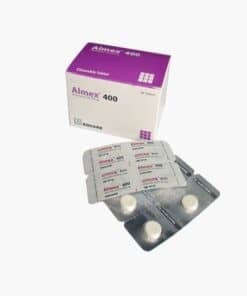
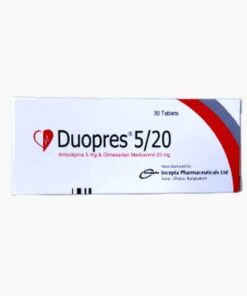

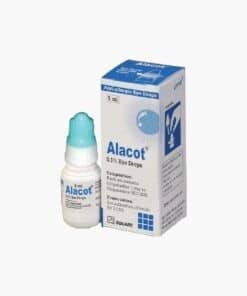

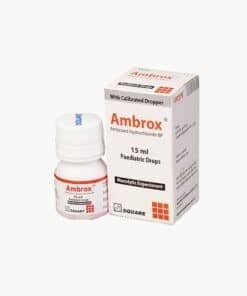
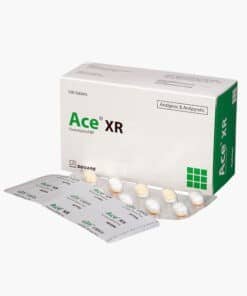
Reviews
There are no reviews yet.